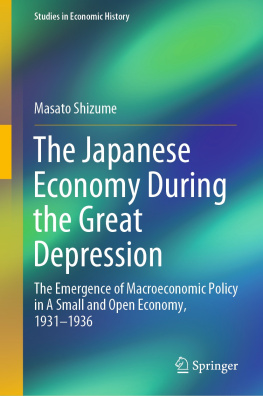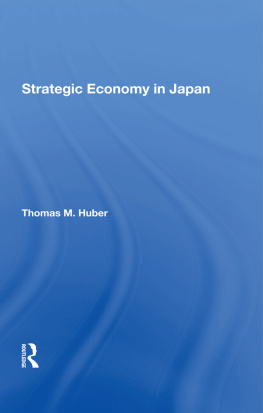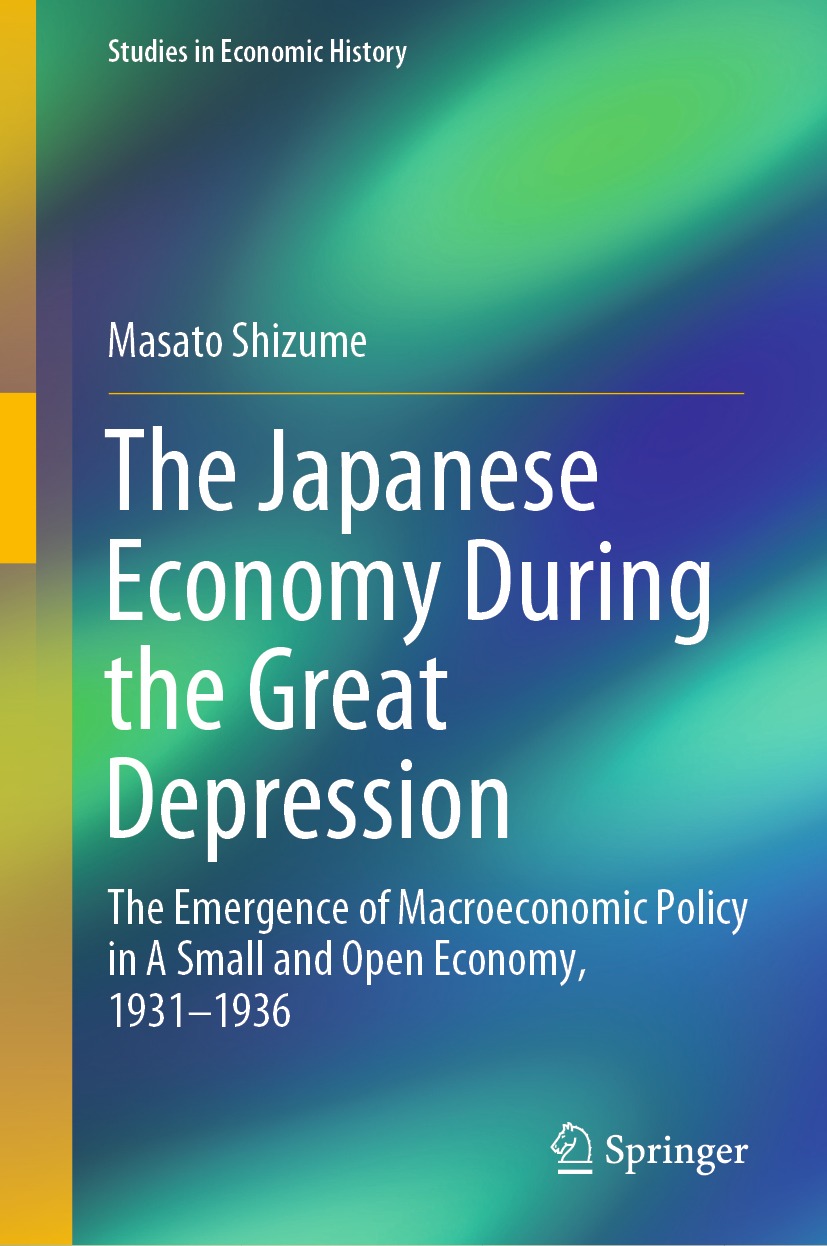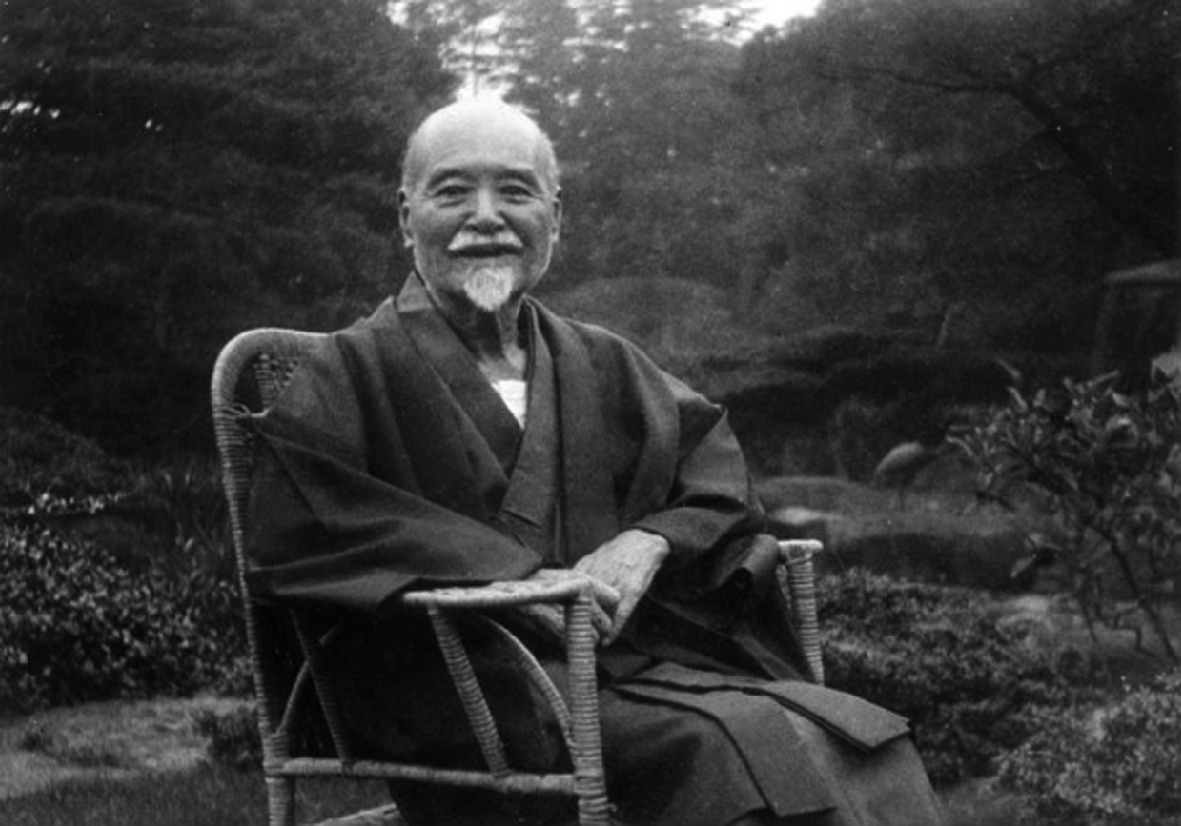Masato Shizume - The Japanese Economy During the Great Depression: The Emergence of Macroeconomic Policy in A Small and Open Economy, 1931–1936
Here you can read online Masato Shizume - The Japanese Economy During the Great Depression: The Emergence of Macroeconomic Policy in A Small and Open Economy, 1931–1936 full text of the book (entire story) in english for free. Download pdf and epub, get meaning, cover and reviews about this ebook. year: 2021, publisher: Springer, genre: Politics. Description of the work, (preface) as well as reviews are available. Best literature library LitArk.com created for fans of good reading and offers a wide selection of genres:
Romance novel
Science fiction
Adventure
Detective
Science
History
Home and family
Prose
Art
Politics
Computer
Non-fiction
Religion
Business
Children
Humor
Choose a favorite category and find really read worthwhile books. Enjoy immersion in the world of imagination, feel the emotions of the characters or learn something new for yourself, make an fascinating discovery.
- Book:The Japanese Economy During the Great Depression: The Emergence of Macroeconomic Policy in A Small and Open Economy, 1931–1936
- Author:
- Publisher:Springer
- Genre:
- Year:2021
- Rating:3 / 5
- Favourites:Add to favourites
- Your mark:
The Japanese Economy During the Great Depression: The Emergence of Macroeconomic Policy in A Small and Open Economy, 1931–1936: summary, description and annotation
We offer to read an annotation, description, summary or preface (depends on what the author of the book "The Japanese Economy During the Great Depression: The Emergence of Macroeconomic Policy in A Small and Open Economy, 1931–1936" wrote himself). If you haven't found the necessary information about the book — write in the comments, we will try to find it.
This book provides a systematic explanation of a remarkable policy innovation in an emerging economy in the modern world. In doing so, it highlights the nature of the Japanese economy during the interwar period. It offers a canonical case study for an international macroeconomic policy of a small and open economy. Readers can draw lessons from the Japanese experience in the 1930s, recalling what kinds of challenges policymakers faced in a crisis situation, what they can do, and what they should not do. As a whole, it is a novel reference both for scholars in economic history and international economics and for policymakers all over the world. A comprehensive and clear-cut picture of the Japanese economy during the Great Depression in the 1930s is presented, including the policy innovations brought about by an iconoclastic finance minister, Korekiyo Takahashi, at that time. To this end, the book integrates the narrative analysis based on newly available archival documents and the quantitative analysis based on newly constructed macroeconomic data and contemporary econometric methodologies.
This work shows how Japan escaped from the depression in its early stage. It illustrates a transmission mechanism of the macroeconomic stimulus package of currency depreciation, easy money, and fiscal expansion. As well, it argues that the key for economic recovery was currency depreciation and that expectations played a pivotal role in ending deflation and kick-starting economic recovery. Also contained here is an exploration of politico-economic interaction in the shaping of economic policy and the long-term consequences of policy actions such as departure from the gold standard and initiation of the government debt finance by the central bank. It is shown that the collapse of the international gold standard and the lack of governance of military spending resulted in a loss of fiscal discipline in the long run.
Masato Shizume: author's other books
Who wrote The Japanese Economy During the Great Depression: The Emergence of Macroeconomic Policy in A Small and Open Economy, 1931–1936? Find out the surname, the name of the author of the book and a list of all author's works by series.












 Korekiyo in his garden, 1930, by courtesy of Yasushi Inoue
Korekiyo in his garden, 1930, by courtesy of Yasushi Inoue